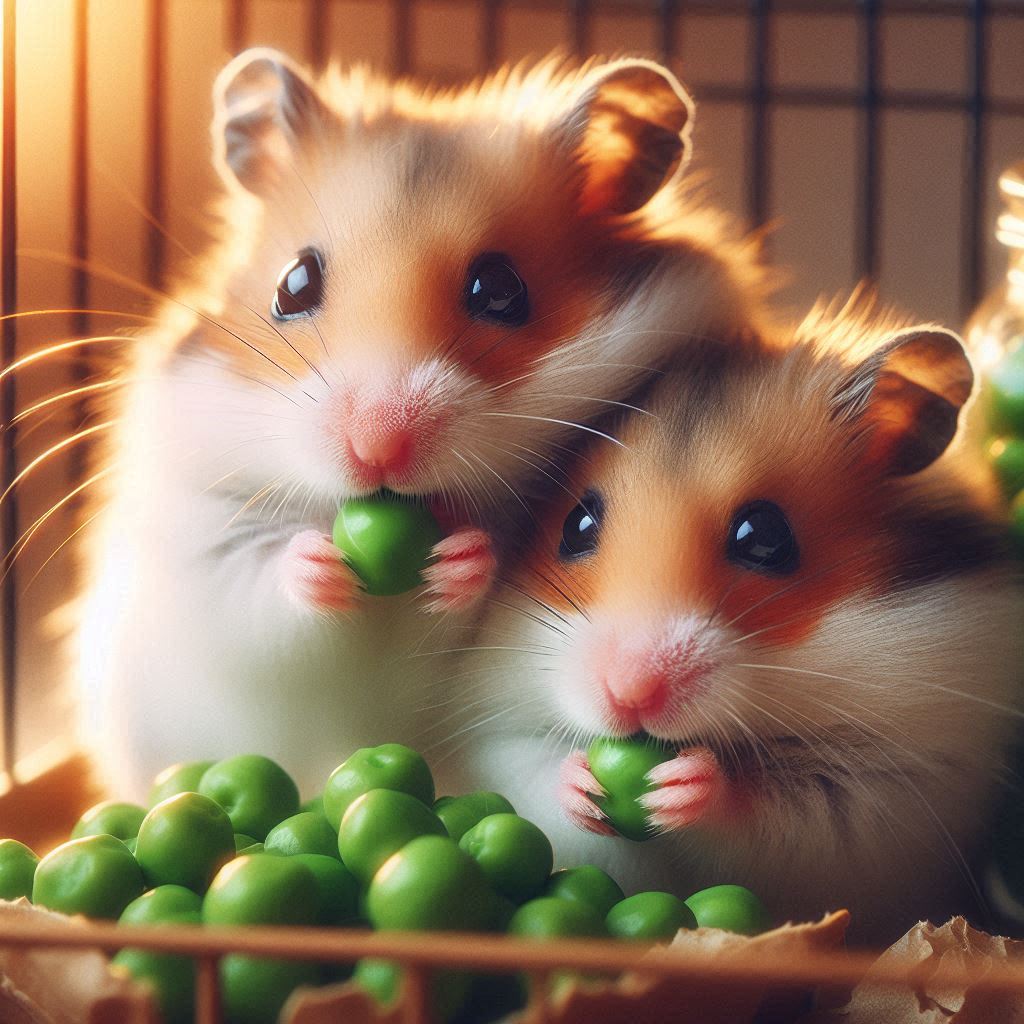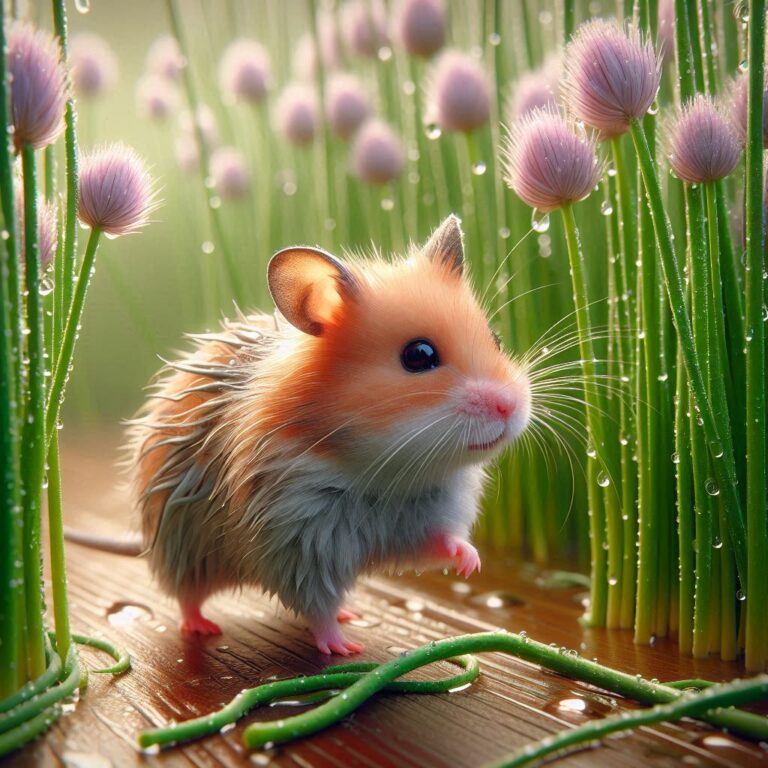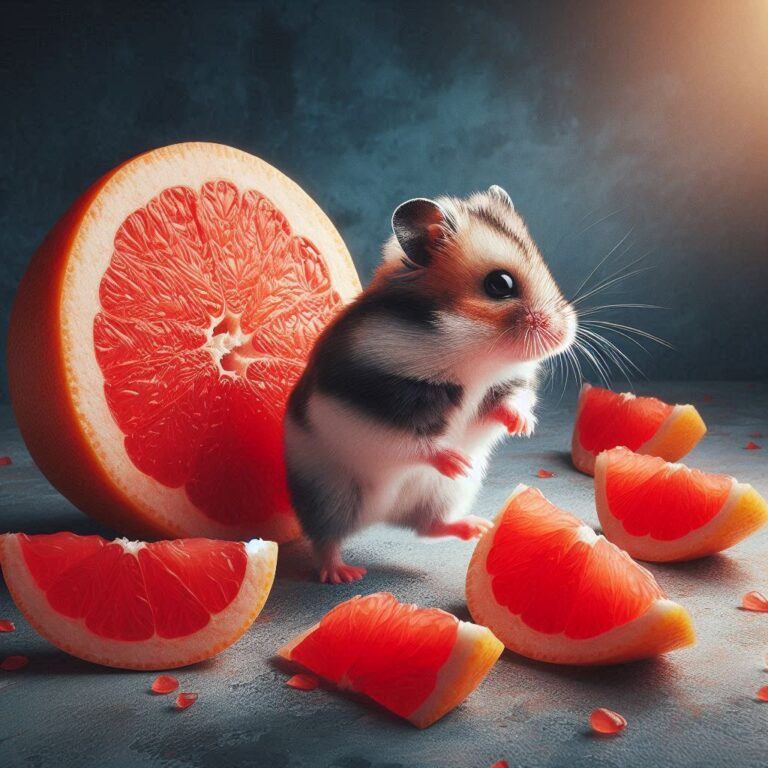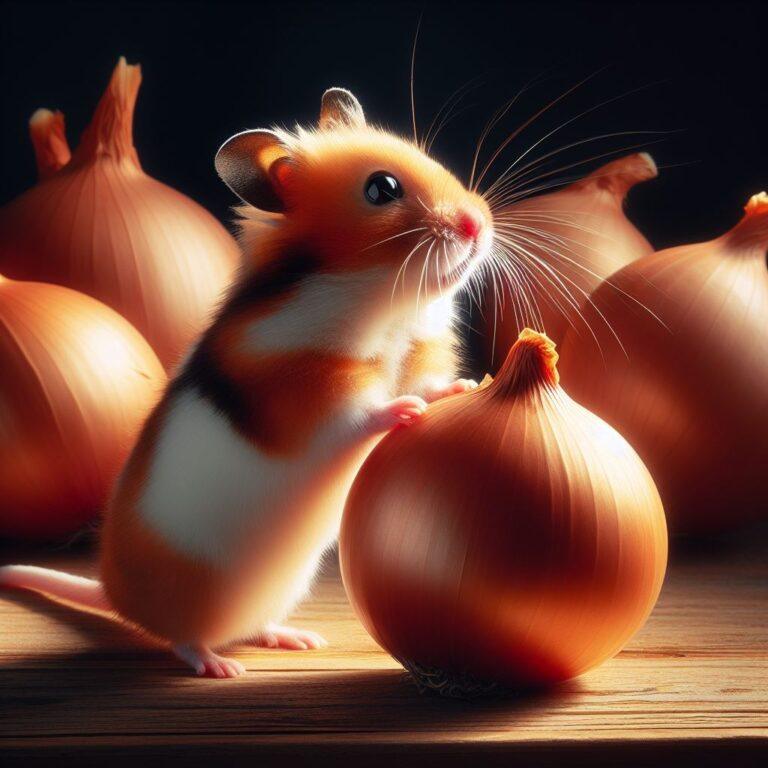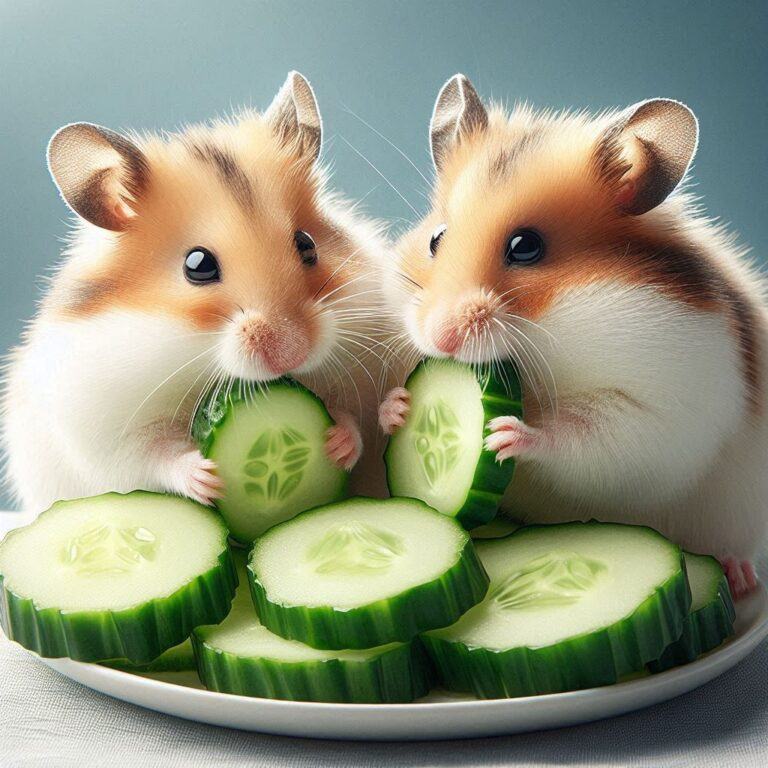Can Hamsters Safely Eat Peas
Yes, hamsters can safely eat peas. These small vegetables are not only safe but beneficial, providing essential vitamins like A and C that contribute positively to a hamster’s health.
However, it’s crucial to include peas in your hamster’s diet in moderation to ensure they don’t experience digestive issues.
Nutritional Benefits of Peas for Hamsters
Peas are a valuable food item for hamsters, offering a range of nutrients that support their health. Here’s what makes peas a good choice:
Vitamins and Minerals
Peas are rich in vitamins A and C, which are important for maintaining good eye health and a robust immune system in hamsters. Additionally, they provide potassium and iron, which are essential for a hamster’s muscle health and blood oxygenation.
Fiber Content
The fiber in peas can help regulate a hamster’s digestive system, preventing constipation and supporting healthy bowel movements. However, the fiber should be balanced as excessive can lead to digestive upsets.
Protein
Peas are a good source of protein, which is crucial for the growth and repair of tissues in hamsters. Protein is particularly important for young, growing, or pregnant hamsters.
How to Safely Introduce Peas into Your Hamster’s Diet
Introducing peas into your hamster’s diet should be done carefully to avoid any health issues. Here’s how you can do it safely:
Frequency and Quantity
Start by offering small amounts of peas to your hamster. A couple of peas twice a week is sufficient. Observing how your hamster reacts to this new addition is crucial. If they show no signs of digestive distress, you can continue to include peas as a part of their diet.
Preparation Tips
Always choose fresh or frozen peas over canned ones, as canned peas often contain added salts and preservatives that can be harmful to hamsters. If using fresh peas, ensure they are washed thoroughly. Peas can be served raw or boiled without salt.
Monitoring Health
After introducing peas, keep an eye on your hamster for any signs of discomfort or allergies. Symptoms to watch for include lethargy, diarrhea, or changes in appetite. If you notice any of these signs, reduce the portion size or cease feeding them peas.
Potential Risks and Considerations
While peas are generally safe for hamsters, there are a few risks that you should be aware of:
Digestive Issues
Although peas are beneficial, they can cause bloating and gas if overfed. This is due to their high fiber and starch content. Always adhere to the recommended amount to avoid these issues.
Allergic Reactions
While rare, some hamsters might be allergic to peas. Symptoms of an allergic reaction include itching, swelling, and excessive grooming. If you observe these symptoms, discontinue feeding peas and consult a veterinarian.
Dietary Balance
Peas should only be a small part of your hamster’s diet, which needs to be balanced and varied.
Ensure that your hamster’s diet primarily consists of high-quality hamster pellets, with occasional fresh fruit like blueberries or seedless apples, vegetables such as carrots or broccoli, and certain protein sources.
Hamsters can safely eat peas, which offer various health benefits, including vitamins, fiber, and protein. However, like any treat, peas should be given in moderation and introduced slowly into their diet.
Always monitor your hamster’s reaction to new foods and consult with a vet if you have any concerns about their health. By following these guidelines, you can safely incorporate peas into your hamster’s diet, ensuring they remain healthy and happy.
—

